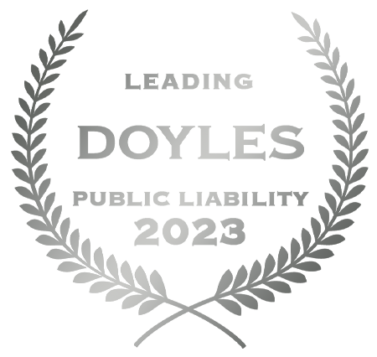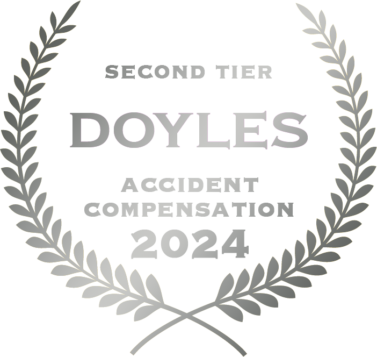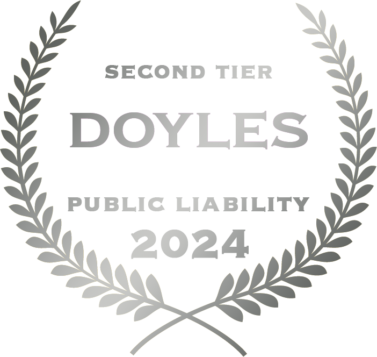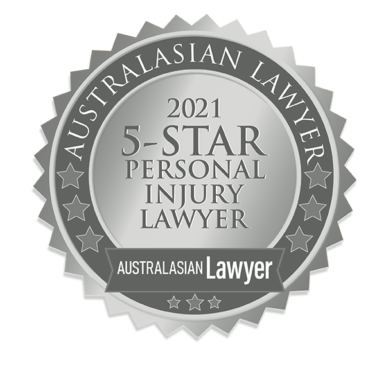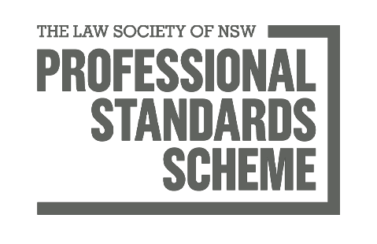
Personal Liability And Why You Shouldn’t be Scared to be a Good Samaritan.
You’re walking home and suddenly you witness the person across the street trip over a raised footpath and fall hard.
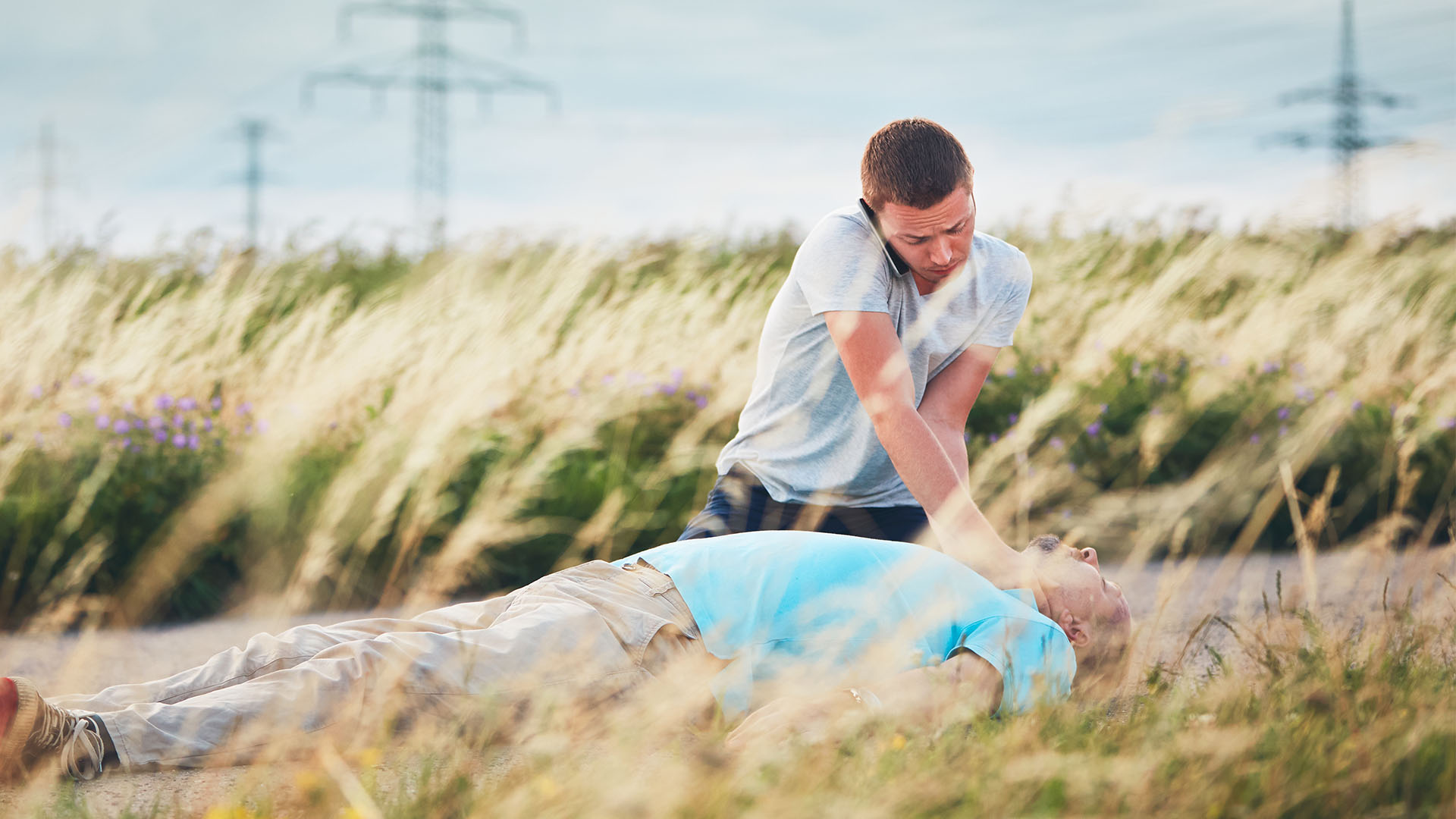
That person doesn’t get up and there isn’t anyone else around – so without thinking you immediately rush over to check to see if they’re okay and assist them in any way possible.
For most people, this would be their reaction because their default setting in an emergency situation is to immediately help the person in need. Many would like to assume that this is because most people are genuinely compassionate and possess an inbuilt tendency to show empathy, particularly in an emergency situation.
But with public uncertainty around personal liability and the potential to be sued for doing the wrong thing when genuinely attempting to help someone in need, particularly in the absence of professional care, there are many people who understandably would think twice about being a Good Samaritan.
Well, to clear up any confusion or hesitation there are specific laws in place that protect the Good Samaritans who assist people who are injured, ill or in some form of danger.
By the definition of the law, what is a Good Samaritan?
Most people associate the term Good Samaritan with someone who goes out of their way to help a stranger in need out of the goodness of their heart. And when it comes to the law, the term is essentially viewed in the same light.
According to the Civil Liability Act (NSW), a Good Samaritan is a person who decides to act in good faith by assisting a person who is injured or at risk of being injured and not expecting payment or a reward for their efforts.
The Act makes no mention of the Good Samaritan needing any specific medical or emergency qualification. In fact, you’re not considered, or specifically, protected by the Act if you’re a health care or emergency worker or police officer.
How are Good Samaritans protected by the law?
The Civil Liability Act (NSW) is primarily in place to encourage ordinary people in everyday situations to provide some form of assistance to someone in need when they can. Because, more often than not, some form of help is better than standing back and providing no assistance at all.
Under the Good Samaritan laws, a person who is acting in good faith in providing assistance to someone in need is protected from any personal liability in an emergency situation.
When are you not protected from personal liability?
While the Act clearly encourages people to assist in an emergency situation by protecting them from personal liability, it’s also fairly clear when protection doesn’t apply.
It’s important to realise you’re not protected from personal liability if:
- The Good Samaritan who is assisting an injured person initially caused the injury or accident
- The Good Samaritan’s ability to assist a person in need is impaired because they are under the influence of drugs or alcohol
- The Good Samaritan falsely claims to have medical qualifications or impersonates a healthcare, emergency services worker or police officer
- The Good Samaritan clearly failed to show reasonable care in their assistance

Shane Butcher
Principal
An accredited specialist in personal injury law and spokesman for the Australian Lawyers Alliance, with the best part of 20 years’ experience in assisting injured Australians to receive everything they’re entitled to.
Call 13 15 15 or chat to us now for free advice
Chat nowFind out how much you can claim.
Get startedDo I have a case?
Our senior lawyers will assess your case for free.


